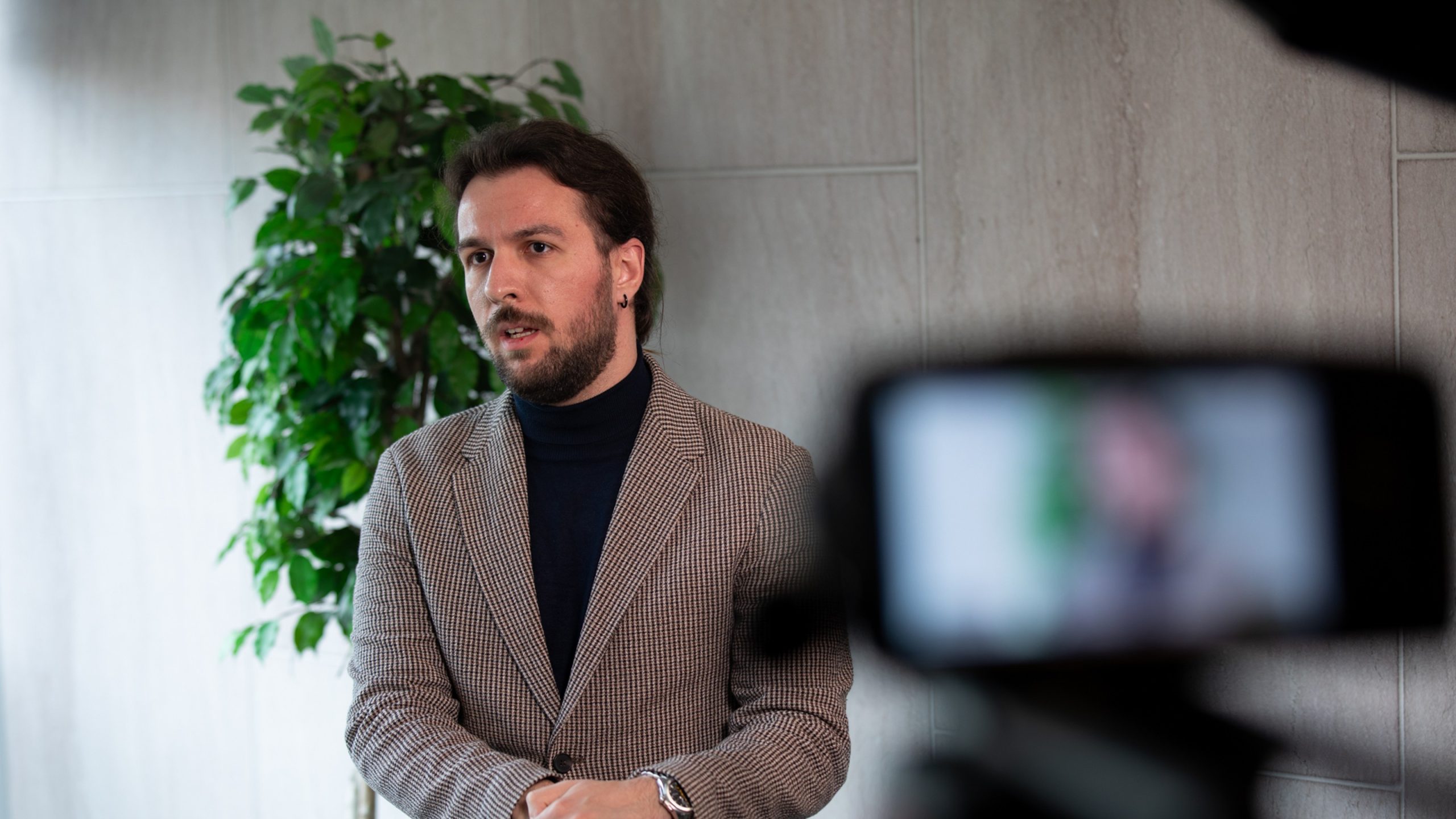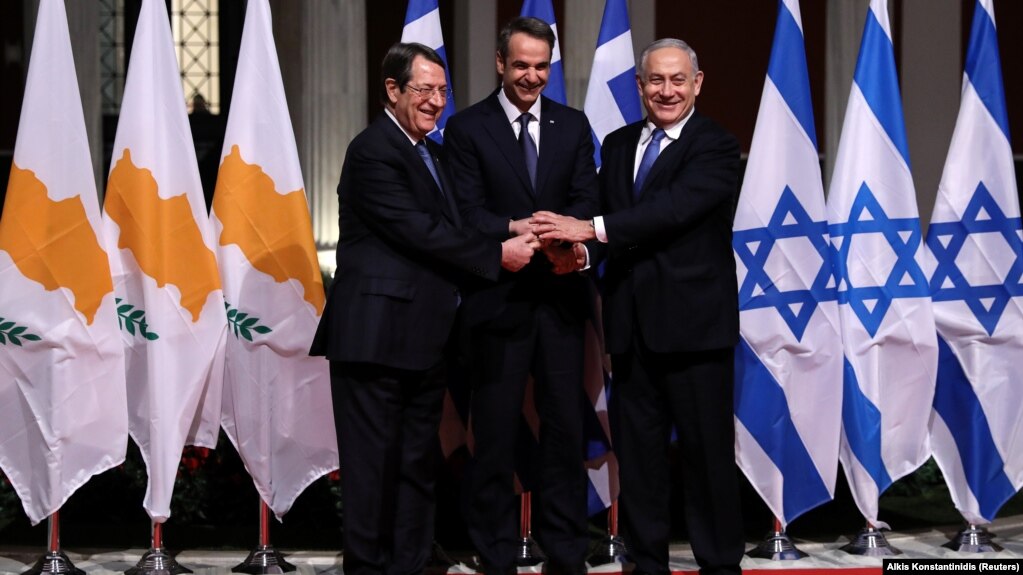Ethical and political crossroads
In the aisles of European institutions, there seems to be a pervasive numbness as we witness images from Gaza of thousands of dead, children emaciated from hunger, entire neighbourhoods lost under the rubble, events that bring Europe face to face with its moral responsibilities. In the face of this destruction, a policy of ‘equal distance’ seems cynical, while European capitals are called upon not only to decide on their stance towards international law but also to define through their actions their identity as bearers of values such as democracy, solidarity and peace, concepts that the EU itself has elevated to core values for its identity (2). At the same time, Washington remains committed to an unconditional alliance with Israel. Europe has thus reached a turning point where it will either continue to participate as a spectator or claim its role as a moral actor on the international stage (1) , (2)
The reason for recognising this point is difficult to define, but Friedrich Merz’s (Chancellor of Germany) statement was of key importance in public discourse. Germany is a country that for decades considered Israel’s security to be raison d’état (meaning the foundation of national policy; in the German case, it refers to the ongoing historical support for Israel after the Holocaust) nevertheless, Merz stated that ‘I can no longer understand Israel’s goals in Gaza.’ In any case, Europe seems to have regained its conscience and appears ready to question its relationship with Tel Aviv (3)
However, this effort does not seem to be coordinated, as Spain, Ireland and Norway officially recognise Palestine and support the decisions of the International Criminal Court, while other countries such as Greece, Hungary and the Czech Republic continue to support the Netanyahu government, even when an arrest warrant is pending against him, citing historical or geopolitical reasons. But perhaps we should talk about this ‘silent majority’ that is dissatisfied and sceptical, unwilling to make themselves complicit in a war that is becoming less and less convincing as being for ‘national security’ (2)
For six months, most European governments refused to call for a ceasefire, even when images from Gaza provoked international outrage. This stance changed in the spring of 2024, when even the pro-Israel Biden administration shifted its position in favour of a temporary ceasefire. The EU followed suit, without courage, without an organised plan, but rather in an act of political self-preservation (4)
And yet, this shift, albeit a modest one, is historic, with Europe caught between political risk and lost credibility. If it chooses to continue to ‘negotiate’ with the Israeli government as it did in February, with Gideon Saar, Israel’s Foreign Minister, at the same table as High Representative Kaja Kallas, then it loses any moral advantage or argument regarding the values that govern it. But if it decides to suspend Israel’s trade privileges and align itself with international law, then perhaps it will find its voice again. A voice that for years seemed to have been silenced (1)


